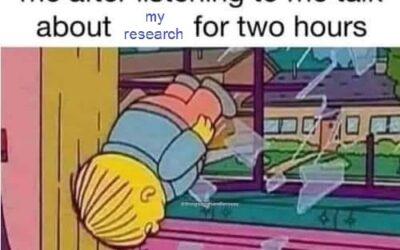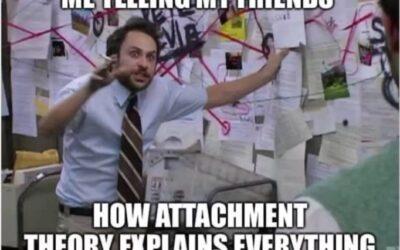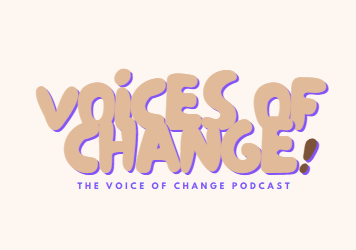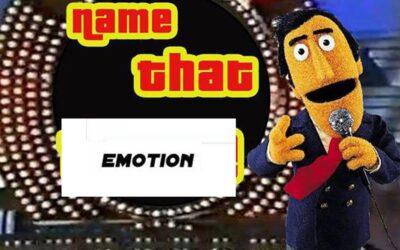Here’s What You’ll Find
Articles about human thought and behavior that may help young people better understand themselves and their world.
My takeaways from stress research
This may not come as a surprise, but researchers like talking about their research. It’s probably because we spend a lot of time doing it, and because we think it is important. At their cores, scientists want to improve the lives of others, so of course we want to...
Attachment Theory (Part 2)
In a previous article I described the different styles of attachment and suggested a supplementary text wherein you can explore your own attachment style. Now, to take this in an applied direction, what does this actually mean for you and your relationship partner(s)?...
Attachment theory (part 1)
This guy gets it Attachment theory is one of those topics that gives students an “a-ha!” moment, sometimes followed by an “uh-oh” moment for those who fear that they may not be securely attached. But, let me start from the beginning. Attachment theory provides a...
How Attribution Theory can help us flex our empathy muscles
The human brain is a marvel. We stand alone in the animal world in terms of complexity of thought, due largely to our highly-developed frontal lobes. In terms of neurons, the building blocks of our brain? We have 100 billion of them. As a species, we’ve achieved...
The Life of the Family Black Sheep
I recommend reading about the purpose of the black sheep in dysfunctional families. The truth-seekers and truth-speakers will always be made to feel like they did something wrong and that their perceptions and opinions are "crazy." Most likely they will become an...
New Podcast!
I recently began a new podcast, Voices of Change! This podcast explores positive and uplifting music by those in BIPOC communities! Check out my First episode on Spotify or Anchor! https://anchor.fm/voices-of-change-podcast
A Zimbardo Haiku
Doctor Zimbardostill gets mail at the bogusStandford basement jail. OC
What does your face say? A test of the universiality hypothesis
I love, love, love teaching about emotion! While schools are increasingly adding emotion-based learning starting as young as middle school, some students have never had this programming before (I, sadly, didn't), so it can be really fun and empowering to discuss what...
The birth of “adolescence”
While not many of my freshman students identify as being “adult,” they commonly do identify with being an “adolescent.” I follow up by asking them, “what are some commonly-held stereotypes about adolescents?” The answers vary by cohort, but they are always...









